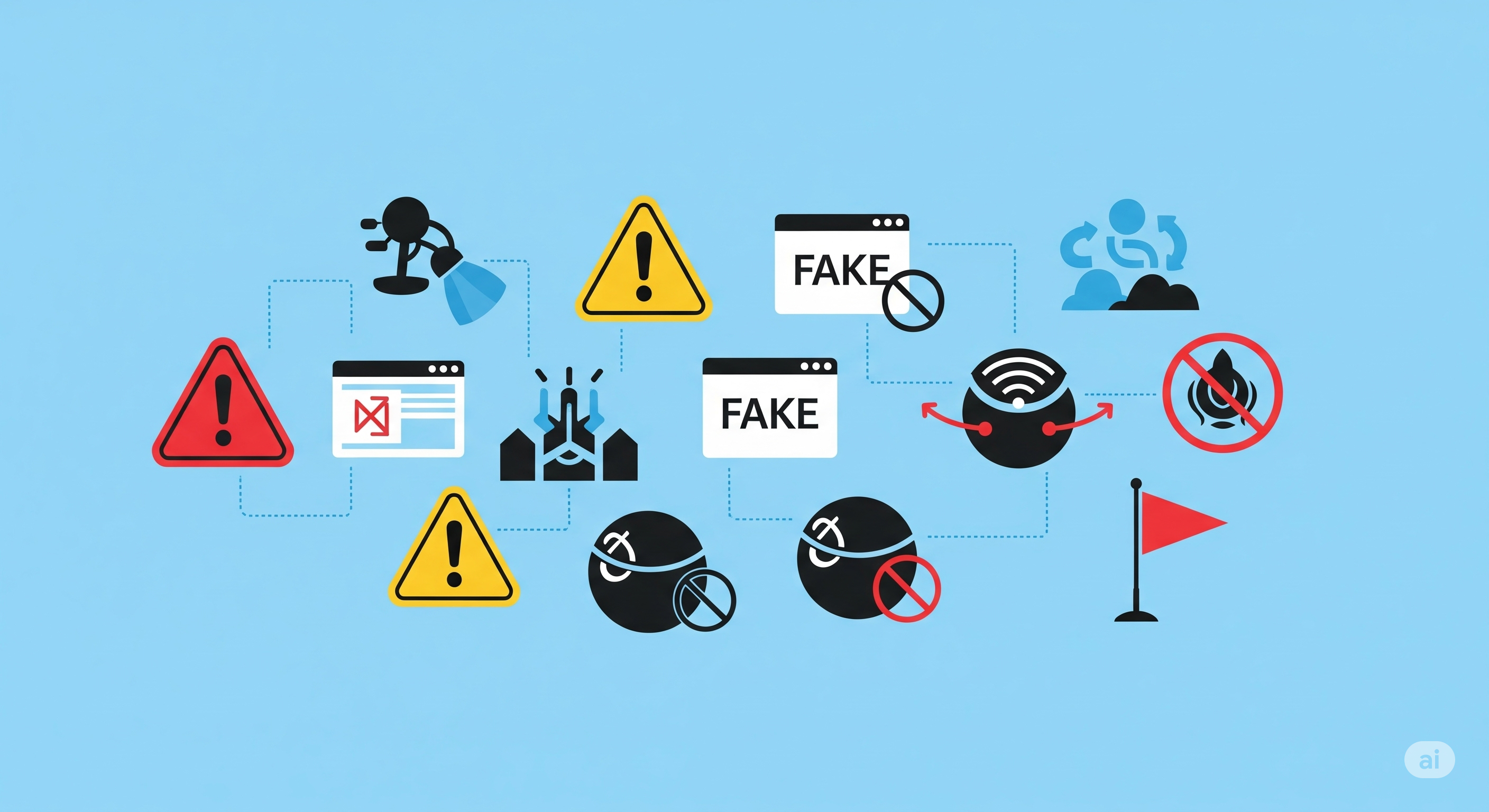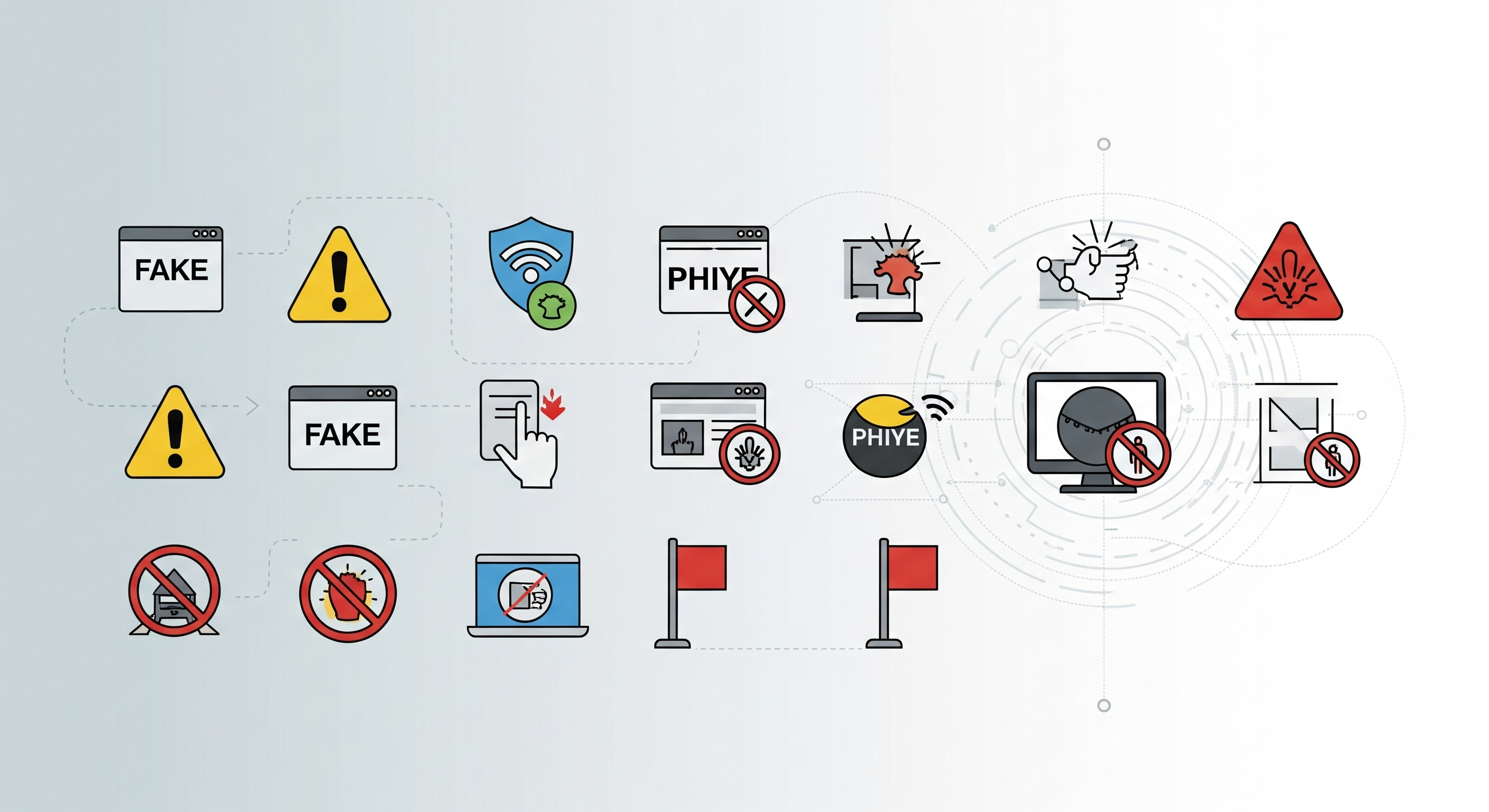More Details
Scam voice tactics are crafted to sound believable, urgent, and persuasive. They prey on emotion, timing, and psychological triggers often catching victims off guard. Let’s explore how these tactics work and what to look out for when that phone rings.
Understanding Voice Scam Psychology
Voice scammers are master manipulators. They design their messages to trigger strong emotions such as fear, excitement, confusion, or concern. The goal is to make you act before you think. For example, a scammer may claim to be from your bank and say there’s been suspicious activity on your account. Their tone might be calm but firm, creating a sense of urgency that pressures you into “confirming” personal details on the spot.
In another instance, the voice might sound friendly and reassuring perhaps pretending to be a relative in trouble or a customer service agent offering help. These scripts are designed to make you feel safe and trusting, only to later exploit that comfort. Many victims report that these calls feel real, which is what makes them so dangerous.
Common Types of Voice Scams
Scam calls come in various forms. Some are automated, while others involve real people. Here are some of the most common formats:
-
Robocalls: Pre-recorded messages that alert you to fake emergencies, often with instructions to “press 1” or call back immediately.
-
Impostor Scams: Callers claim to be from trusted organizations banks, tax agencies, or even tech companies asking for sensitive info or payment.
-
Prize or Lottery Scams: A cheerful voice tells you you’ve won a contest but you need to pay a “processing fee” to claim the prize.
-
Romance or Emergency Scams: Often targeting the elderly or lonely individuals, these involve a caller posing as a loved one in urgent need of help or money.
-
Tech Support Scams: You’re told there’s a problem with your device or software, and the caller offers to fix it remotely often gaining control of your computer in the process.
Warning Signs to Listen For
Even though scammers are persuasive, there are clear red flags if you know what to listen for:
-
Unsolicited urgency: The caller demands action immediately whether it's paying a fee or confirming account info.
-
Requests for personal information: No legitimate organization will call and ask for your full Social Security number, password, or credit card details over the phone.
-
Too good (or too scary) to be true: Winning a prize out of nowhere? Threats of arrest for unpaid bills? These extremes are designed to cloud your judgment.
-
Scripted or awkward conversation: If the voice repeats phrases, doesn’t respond naturally to questions, or seems oddly generic, it might be a recording or AI-generated call.
-
Number spoofing: The number might look local or resemble a real company’s number, but that doesn’t mean it’s safe.
Real-Life Example: The “Bank Alert” Call
Imagine getting a call late at night from someone who says they’re from your bank. They sound professional and even mention your bank’s name. They tell you there’s suspicious activity on your account and they need to verify your identity to freeze the charge. Without thinking, you give them your account number and full name only to realize later that your account has been drained.
This scenario happens every day. What makes it effective is timing (nighttime), emotional trigger (fear of losing money), and authority (pretending to be the bank).
How to Protect Yourself
Protecting yourself begins with awareness, but there are also habits you can adopt to stay safe:
-
Let unknown calls go to voicemail. If it’s important, they’ll leave a message.
-
Verify before acting. If someone claims to be from a company, hang up and call the official number from their website.
-
Never share sensitive information over the phone unless you initiated the call.
-
Block and report scam numbers using your phone’s settings or a call-blocking app.
-
Educate friends and family, especially older adults, who are more likely to fall victim to voice scams.
Why These Tactics Work So Well
Scam voice tactics often succeed because they mimic real-life interactions. Unlike text scams or phishing emails, voice scams exploit our instinct to respond when someone speaks to us. Human beings are naturally inclined to trust voices especially those that sound calm, assertive, or familiar. Scammers understand this deeply and script their calls to make you lower your guard.
Additionally, many victims report feeling rushed during the call a common tactic used to bypass critical thinking. This pressure, whether it’s a fake deadline or a supposed emergency, is what leads people to share information they normally wouldn’t.











